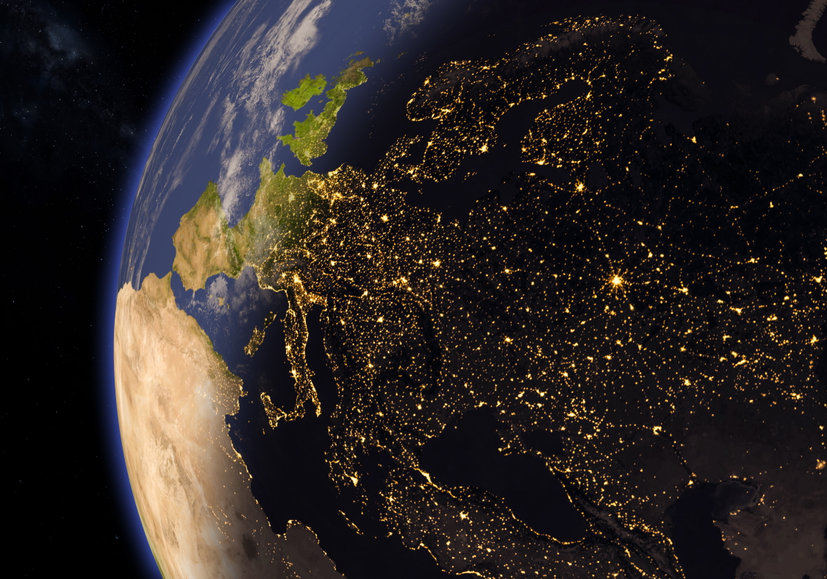
Global Cryptocurrency Regulation Possible in 2023
There is a chance that by 2023 the same rules will apply to all crypto markets worldwide, at least Ashley Alder points out. He is chairman of the International Organization of Securities Commissions (IOSCO), a global financial regulator.
Global Financial Watchdog
IOSCO is a partnership of organizations that regulate global markets. Members are usually national security and/or futures regulators or the main financial regulators of a country. AFM is a member of IOSCO on behalf of the Netherlands. Based in Madrid, the organization has members from more than 100 countries and regulates at least 95 percent of the markets.
According to the Dutch AFM, IOSCO is the international “standard setter for securities markets”. This means that it agrees on general principles that serve regional and national supervisory authorities as a starting point for the supervision of securities markets.
Climate, Corona and Cryptocurrency
According to a Reuters article, Alder says that as the crypto sector grows, it should also be covered by IOSCO. What a surprise. He calls crypto a part of the three Cs:
“But I think it is now considered one of the three Cs (COVID, climate and crypto), so it is very wichtig.Es has moved further up the agenda, so I don’t expect it to be next year’s turn at the same time. If you look at the risks that we have to deal with, there are many, and the discussions at the institutional level are very worrying.“, said Alder.
By the way, Alder is not only the chairman of IOSCO, but also the CEO of the Financial Supervisory Authority of Hong Kong.
Lack of transparency
In an online speech on Thursday, May 12, at the OMFIF think Tank, Alder noted that the motivation for collaborative crypto regulation is based on concerns about cybersecurity, operational resilience and a lack of transparency in the crypto sector.
The official added that a cryptocurrency regulator is needed, as other emerging sectors such as climate finance also need it.
No consistency
Almost every country has its own regulations, without much agreement with its neighbors, and there is no unanimity of regulations that can be found anywhere in the world. What is clear, however, is that politicians in particular are calling for regulation so that they finally have a stick in their hand or have a reason to let crypto run its course.
There are the kind of countries that could be described as crypto-friendly, while others have a more hostile attitude. But it’s not so black and white, there are countries that are very good for users, but bad for crypto companies and vice versa.
Putting countries under pressure
In addition, there are global organizations that believe they have something to say about the laws and rules of sovereign states. Think of the International Monetary Fund, which, above all, is putting pressure on developing countries that need help to adopt an anti-crypto policy. IOSCO seems to become the next global organization trying to influence the markets of sovereign states.
It is not yet clear what exactly you want and how you will approach this. Hopefully they ignore the IMF’s proposed policy. In the absence of a global regulatory framework, the IMF had issued guidelines in December to set the global regulatory approach for cryptocurrencies.
